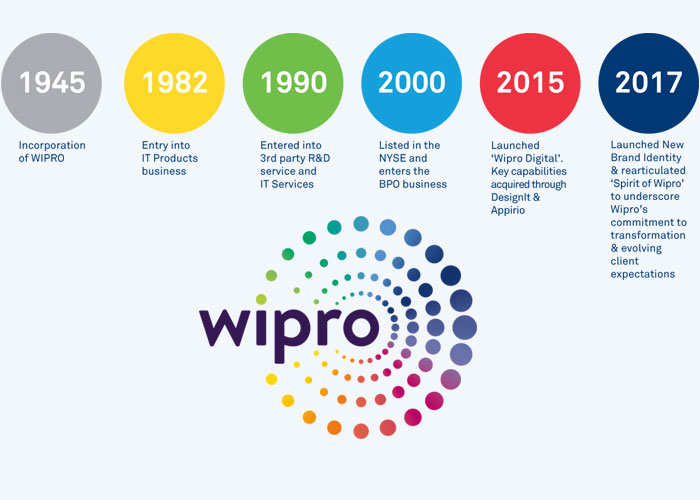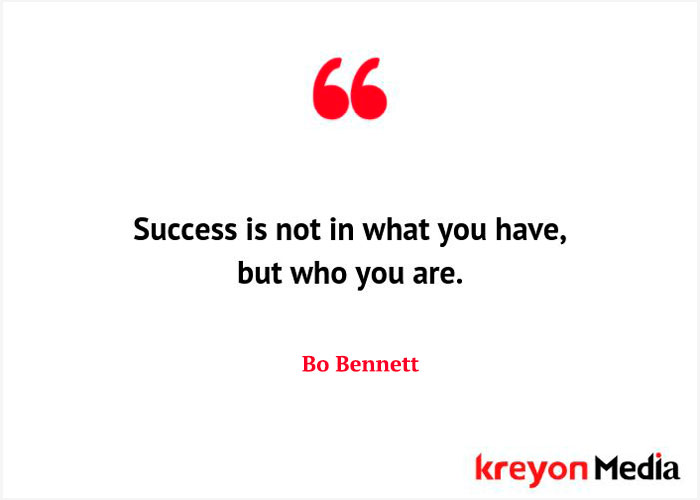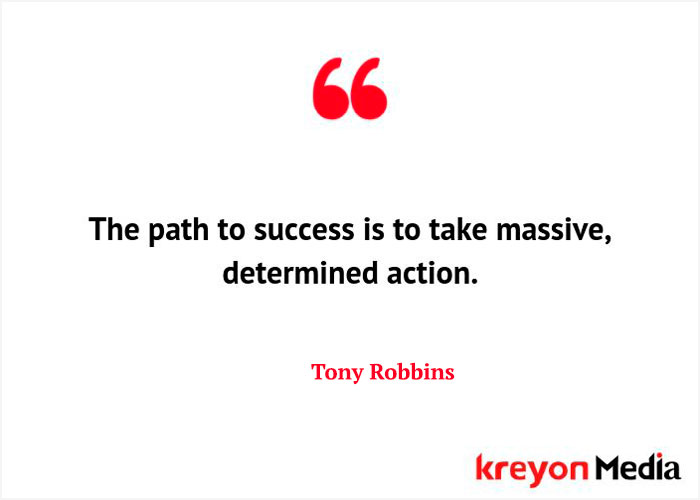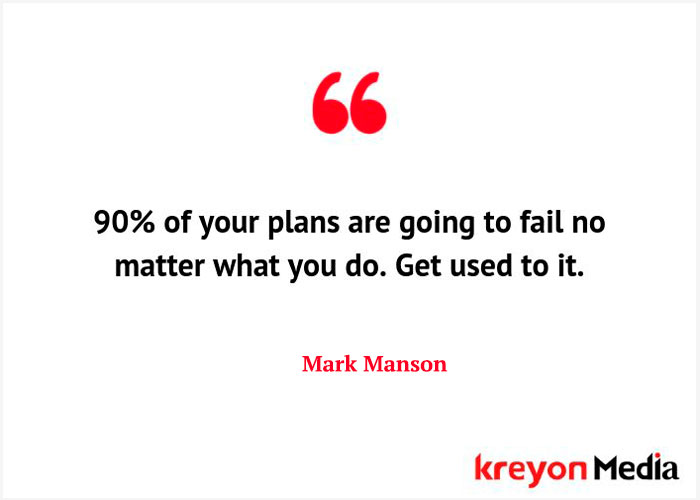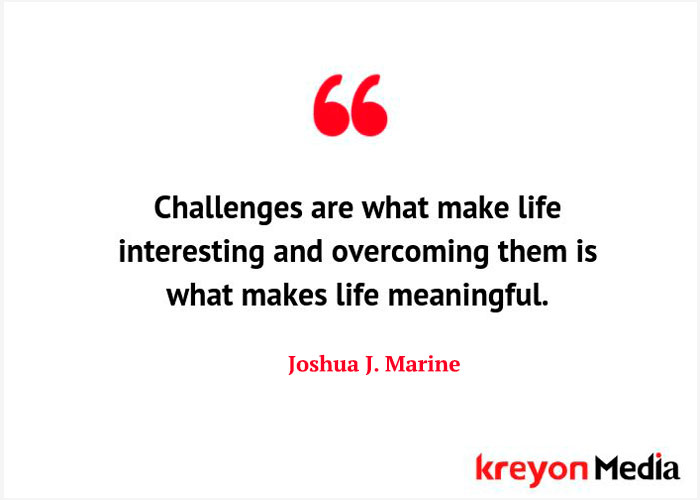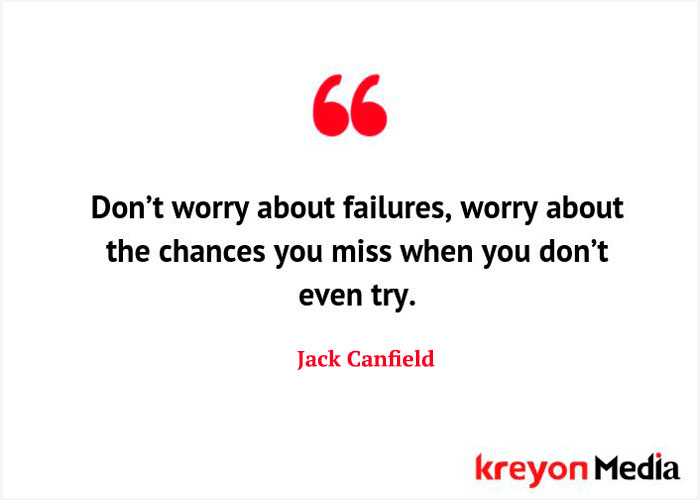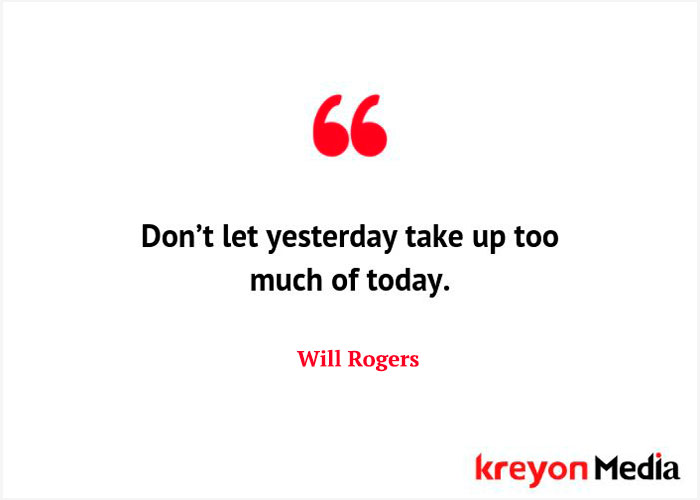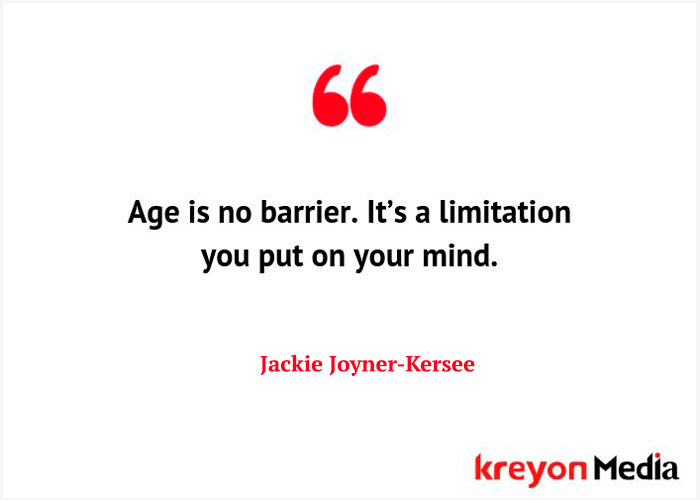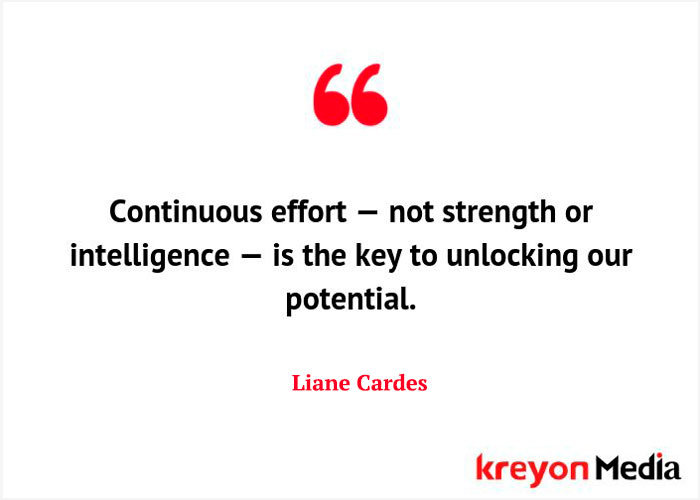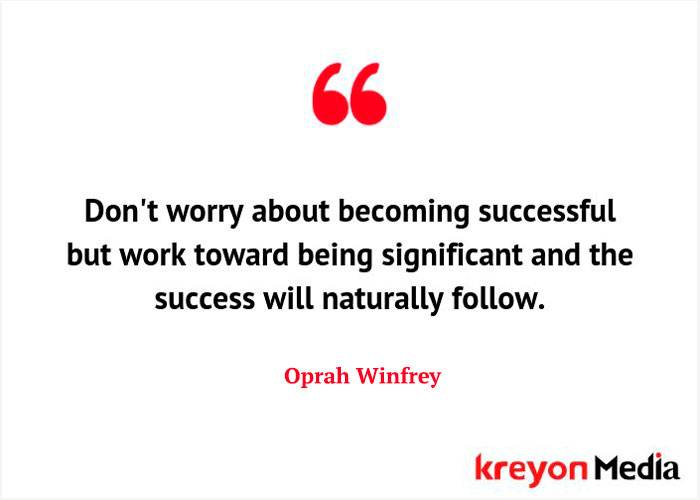5 Ways to Help Your Team Accomplish Professional Goals

Goals are important for progress. One of the most important conversations you can with your teams is regarding their goals. Clear and measurable goals for teams can make them very effective and successful.
As a manager or leader, you need to tap into the core drivers for your team, address their bottlenecks and constantly help them improve. This spirit of constant improvement is the soul reason why some teams and individuals attain mastery in their fields.
Good managers are able to drive focus, create engagement, align individuals with long term objectives of the company and eventually help everyone achieve their true potential. It leads to accelerated performance and individual success too.
1. Responsibility & Accountability

Every individual in the team must take responsibility and accountability for his work. When people are held accountable, they commit themselves to the tasks. Every individual must be notified of what is expected from them, their goals and responsibilities.
There are over 100 studies across many countries that indicate employee ownership leads to better performance. When people take ownership of things, the results tend to improve.
Good managers create an environment where people know what their roles are and take ownership of things. It cultivates productivity and helps team members to feel valued and motivated.
2. Synergy
Have you ever noticed geese flying? They all fly in V formation.
The V formation helps flock of geese move faster and maintain flight longer than any one goose flying alone. The geese can travel longer distances and working together in this way means the flock has a 71% greater flying range.
It is a law of nature that one plus one equals more than two. The geese formation is a great example of how team members can achieve more when they strive together, reduce each others’ work load and achieve their collective goals.
Good managers understand where efforts should be devoted. Your teams can spend energy building creative things or waste time indulging in politics and mediocrity.
3. The Extra Mile

Everyone is trying to be successful. But what sets great teams apart is their level of commitment and standards they set.
Behavioural scientists, managers, and researchers have observed that one person can influence others. When managers have high expectations from their teams, it can lead to improved performance. This is known as Pygmalion in Management.
As per Harvard Review, “If managers’ expectations are high, productivity is likely to be excellent.” Managers need to set the tone by setting the standards and defining the responsibilities for their teams.
Good managers push their teams to go the extra mile and often exceed their own expectations.
4. Create the Right Training Plan
Things change so fast today that it is impossible for anyone to keep pace. But when teams are devoted to their work and want to improve their skills, they can learn and keep themselves updated.
Good managers identify the specific skills needed for advancing the careers of their subordinates. They make them learn new skills to build their careers.
The best learning can happen in a shared environment, where people are devoted to practice, experiment and apply their learnings. Good managers facilitate organised and impromptu learning for their teams.
The skills for today will not be relevant tomorrow. The organisations that are constantly striving for the latest skills and staying up to date will beat the ones that don’t.
5. Team Culture

The teams that bond well, stay together and understand each other are more likely to be successful. When people know and trust each other, great results can be achieved. They will help one another beyond their duty calls & create a positive work environment.
Good managers provide opportunities for their teams to gel together by organising formal and informal meetings. The time spent together and learning about each other can go a long way in helping your team reach its goals. A good workplace can help people advance their learning and enjoy their work.
The quality of work is often shaped by the team culture. A healthy environment where people are energized, contributing positively and giving their best helps teams to handle the hardest challenges and setbacks.








